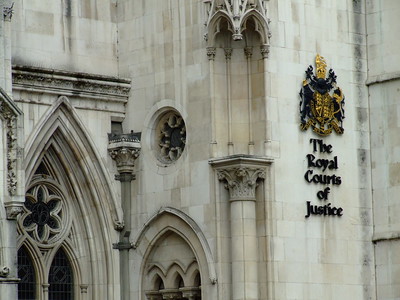
[Image credit: “The Royal Courts of Justice” by R/DV/RS is licensed under CC BY 2.0]
An analysis of criminal appeals reveals that indictment errors, often undetected at the trial stage, can lead to significant injustice. However, the Court of Appeal will not quash a conviction merely because there was some unfairness in the trial process; it will only do so if the conviction is unsafe. The application of this test, more often than not, means that the court will reach its conclusion without the benefit of trial advocacy. Surprisingly few appeals are allowed, even where the drafting of an indictment has been deficient.
It is therefore incumbent on those representing defendants to scrutinise the indictment properly.
An application to quash an indictment should be made where:
(a) the offence is duplicitous or not known to law,
(b) the offence on the indictment has not been correctly added (Administration of Justice (Miscellaneous Provisions) Act 1933), or
(c) the indictment contains a count for an offence in respect of which the accused was not sent for trial and the documents do not disclose a case to answer for that offence.
A failure to object at the time of trial may well result in the court of appeal concluding that there was no injustice, as it disapproves of points being taken on appeal that ought to have been advanced earlier (Donnelly [1995] Crim. L.R. 131).
If a defect in the indictment can be cured, the prosecution may instead seek to stay the indictment and substitute a new one. This action precludes the need for fresh sending proceedings, although a defendant must be arraigned on the new indictment before the old one is stayed.
As a firm, we pride ourselves on our attention to detail, always starting with the basics to ensure that a fair trial is held in all circumstances.
Whilst the Court of Appeal remains vital to remedy unfairness, it is a remedy of last resort, and it is far better to identify issues before they cause harm.
How can we help?
If you need specialist advice, then get in touch with any member of our vastly experienced Criminal Defence team, for assistance with any criminal law related matter.
–
Mr John Stokes (John.Stokes@danielwoodman.co.uk),
Mr Anthony Pearce (Anthony.Pearce@danielwoodman.co.uk) or
Mr Daniel Woodman (Daniel.Woodman@danielwoodman.co.uk).










